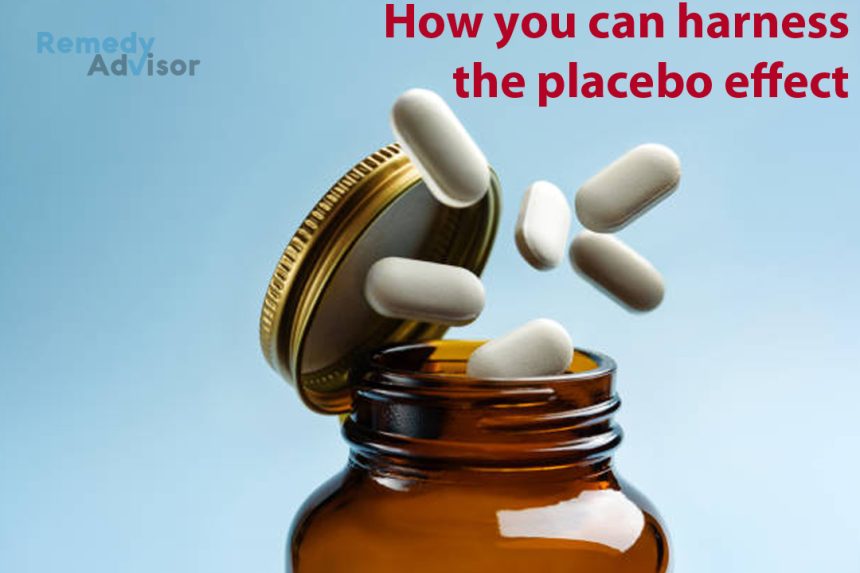Physicians have long observed that even very sick patients sometimes get better after taking a “sugar pill,” or placebo. For years, doctors viewed this placebo effect as an irrational element in an otherwise logical and systematic world of clinical medicine and medical research a nuisance that needed to be explained away.
Now: Evidence is mounting that mental activity has a powerful effect on the body. Doctors are seeking ways to exploit the placebo effect for their patients’ benefit.
We asked Dr. Howard M. Spiro, a nationally renowned gastroenterologist with a special interest in placebos, to tell us more about placebos and their expanding role in medical care…
• What is a placebo?
Where treating patients is concerned, it’s a pill that contains only inactive ingredients. Prior to the 1960s, it was routine for doctors to give sugar pills to patients who complained of ailments that defied diagnosis. Patients were told, “Take this. It should help.”
Anyone who got better after taking a placebo was assumed to be complaining of an ailment that didn’t really exist.
Another important use of the placebo is in clinical trials of new drugs. Here the placebo gives researchers a way to “control” for non-medical factors that could affect the outcome of treatment a patient’s greater attention to health care during a study, for example, or simply the passage of time.
• Why do placebos work?
One theory is that placebos help boost the body’s production of the natural painkilling compounds called endorphins.
Another is that placebos simply distract the mind, keeping patients from noticing pain.
A placebo might foster the body’s innate self-healing power simply by bringing to mind the emotional comfort associated with childhood memories of going to the doctor.
It’s also possible those placebos do nothing that the patient would have gotten better any way, regardless of treatment. Given a few weeks or months, for example, up to half of all peptic ulcers heal by themselves no matter what treatment is given.
• Do doctors still give out sugar pills?
No. Today it’s considered unethical to give a patient a drug without telling him/her exactly what it is.
However, placebo-like treatments are still being given to patients. Vitamin B-12 injections, for instance, are supposed to help fight fatigue and weakness.
I myself offer the injections to some patients. It would be unethical for me to tell a patient, “This treatment will cure you.”
What I say is, “I suggest you get this shot. I can’t promise it will help, and I can’t tell you how it works. But other patients say the shot made them feel better.”
• How can doctors exploit the power of placebos without deceiving patients?
Doctors who speak optimistically to patients help them feel better and this optimism may be associated with physical improvement as well. Sadly, many doctors have forgotten the healing power of comforting words.
Doctors have also forgotten how to listen. At one time, listening was central to medical practice. But to many doctors, listening to patients now seems old-fashioned. They tend to rush to offer pills and procedures that are often unnecessary.
• Does the doctor’s style tie in with the placebo effect?
Absolutely. A good doctor patient relationship is integral to the placebo effect and to healing. It fosters catharsis the emotional release a patient feels after telling a doctor his troubles.
Interview doctors until you find one who listens well and who has the time to talk to you.







